Create a Daily Greeting Ritual

Your cat notices when you walk through the door, even if they pretend not to care. Start acknowledging their presence with a simple “hello” or gentle head nod every time you enter a room. This small gesture tells your feline friend that you see them as an important part of your daily routine.
Many cats will respond to consistent greetings by approaching you or offering a slow blink in return. It’s like having a secret handshake that only you two understand. The key is consistency – make it a habit, not just something you do when you remember.
Respect Their Personal Space Bubble
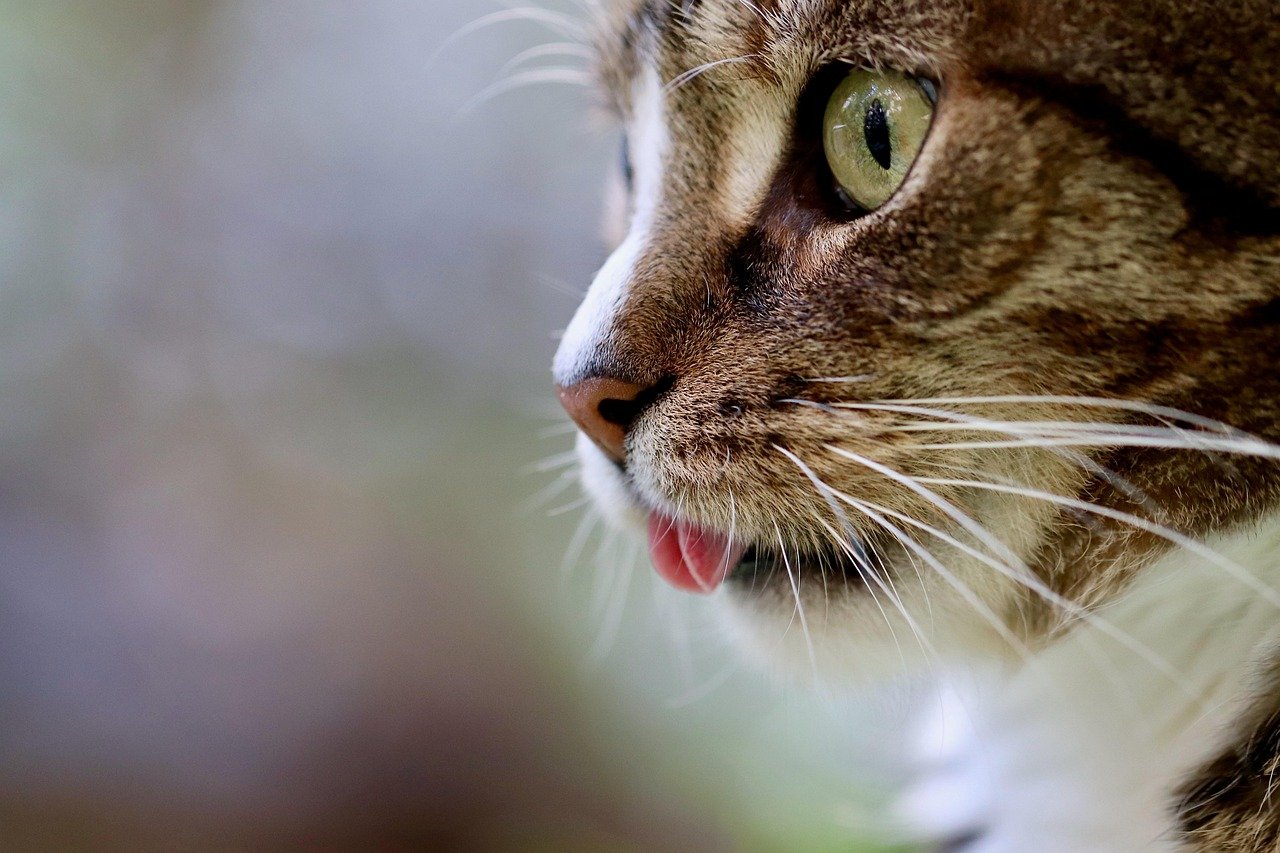
Cats are masters of body language, and they’re constantly communicating their comfort levels through subtle signals. When your cat turns their back to you or moves away, they’re not being rude – they’re asking for space. Learning to read these cues shows your cat that you understand their language.
Instead of forcing interaction, try sitting nearby and letting them come to you. This approach builds trust and makes your cat feel more in control of social situations. Think of it as being invited to a VIP party rather than crashing one.
Establish Eye Contact Etiquette

Direct staring can feel threatening to cats, but the famous “slow blink” is like sending a love letter with your eyes. When your cat looks at you, try slowly closing your eyes for a few seconds, then opening them gently. This mimics the relaxed, trusting expression cats share with their favorite humans.
Many cats will return the slow blink, creating a moment of genuine connection. It’s a simple way to say “I trust you” in cat language. Some behaviorists call this the “cat kiss” – and it’s probably the sweetest compliment your feline friend can give you.
Use Their Name with Intention

Your cat’s name isn’t just a label – it’s their personal identifier that can carry emotional weight. Use their name when you’re happy to see them, not just when they’re in trouble. This helps create positive associations and makes them feel recognized as an individual.
Try saying their name in different tones and watch how they respond. A gentle, questioning tone often gets better results than a commanding one. It’s the difference between being called to dinner versus being called to the principal’s office.
Notice and Celebrate Their Unique Quirks

Every cat has their own personality traits and weird little habits that make them special. Maybe your cat always sits in a specific spot when you’re cooking, or they have a particular way of asking for attention. Acknowledging these quirks shows you’re paying attention to who they are as an individual.
Keep a mental note of their preferences and routines. When you adapt your behavior to accommodate their quirks, you’re essentially saying “I see you for who you are.” This kind of personalized attention makes cats feel valued and understood.
Create Cat-Level Interaction Zones
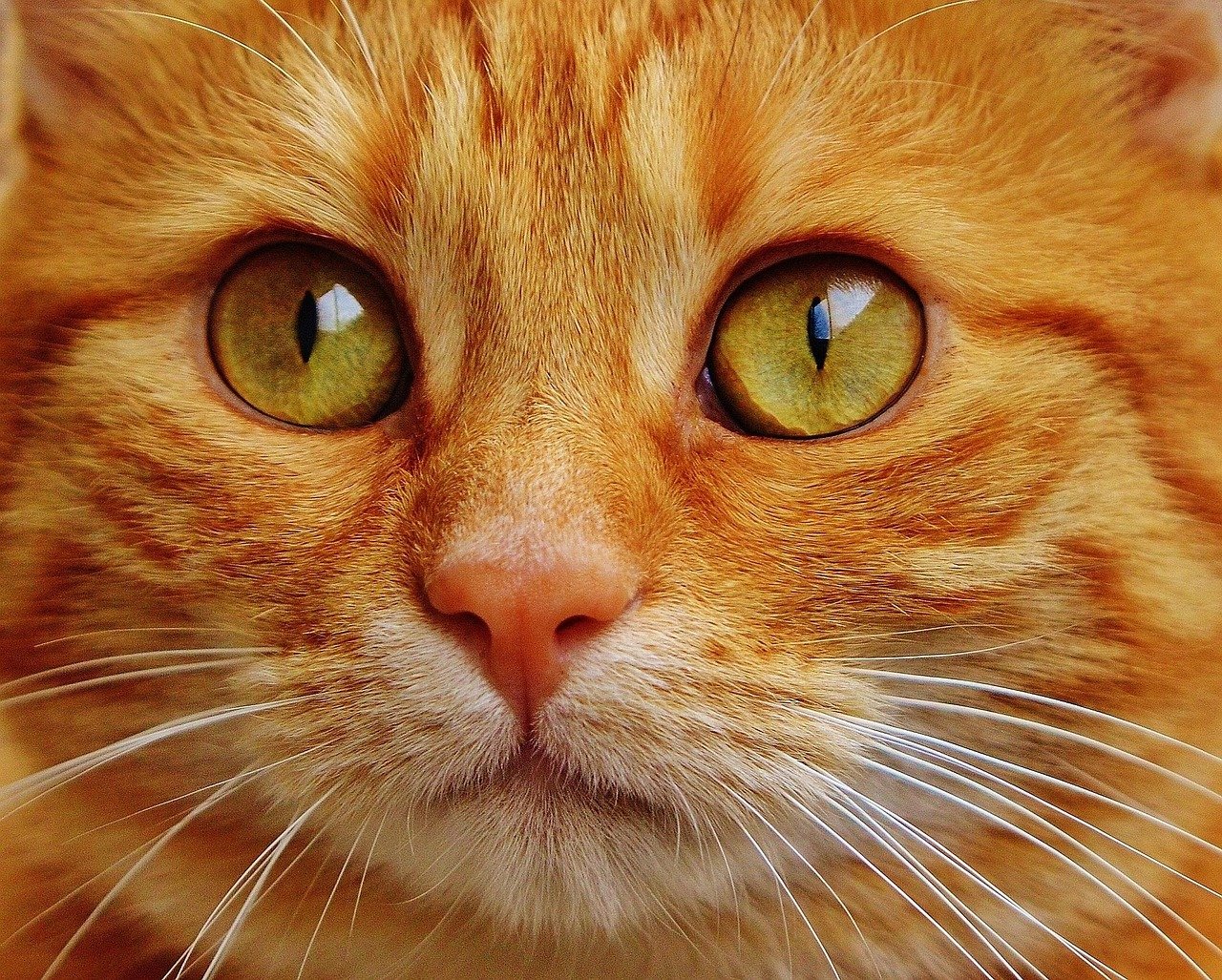
Most human-cat interactions happen with the human towering above the cat, which can feel intimidating. Try getting down to their level more often by sitting on the floor or crouching when you want to interact. This creates a more equal playing field and can make shy cats feel more comfortable.
You can also create elevated spaces where your cat can meet you at eye level – think cat trees near your favorite chair or shelves at the right height. When you’re both at the same level, interactions feel more like a conversation between equals rather than a giant looming over a small creature.
Pay Attention to Their Favorite Times
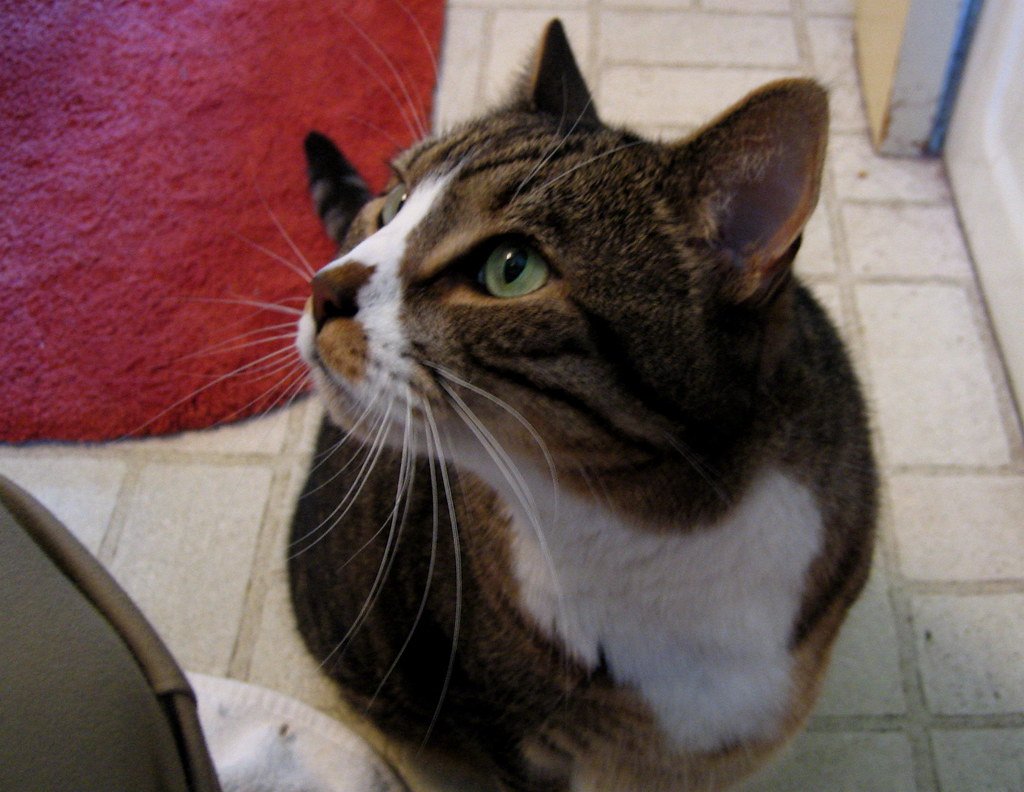
Cats have internal clocks that would make a Swiss watchmaker jealous, and they often have preferred times for different activities. Some cats are morning socializers, while others prefer evening cuddle sessions. Observing and respecting these natural rhythms shows you’re tuned into their individual needs.
Try tracking when your cat seems most receptive to play, pets, or just hanging out. Working with their natural schedule instead of against it makes interactions more enjoyable for both of you. It’s like knowing when your friend is most likely to want to chat versus when they need quiet time.
Respond to Their Communication Attempts
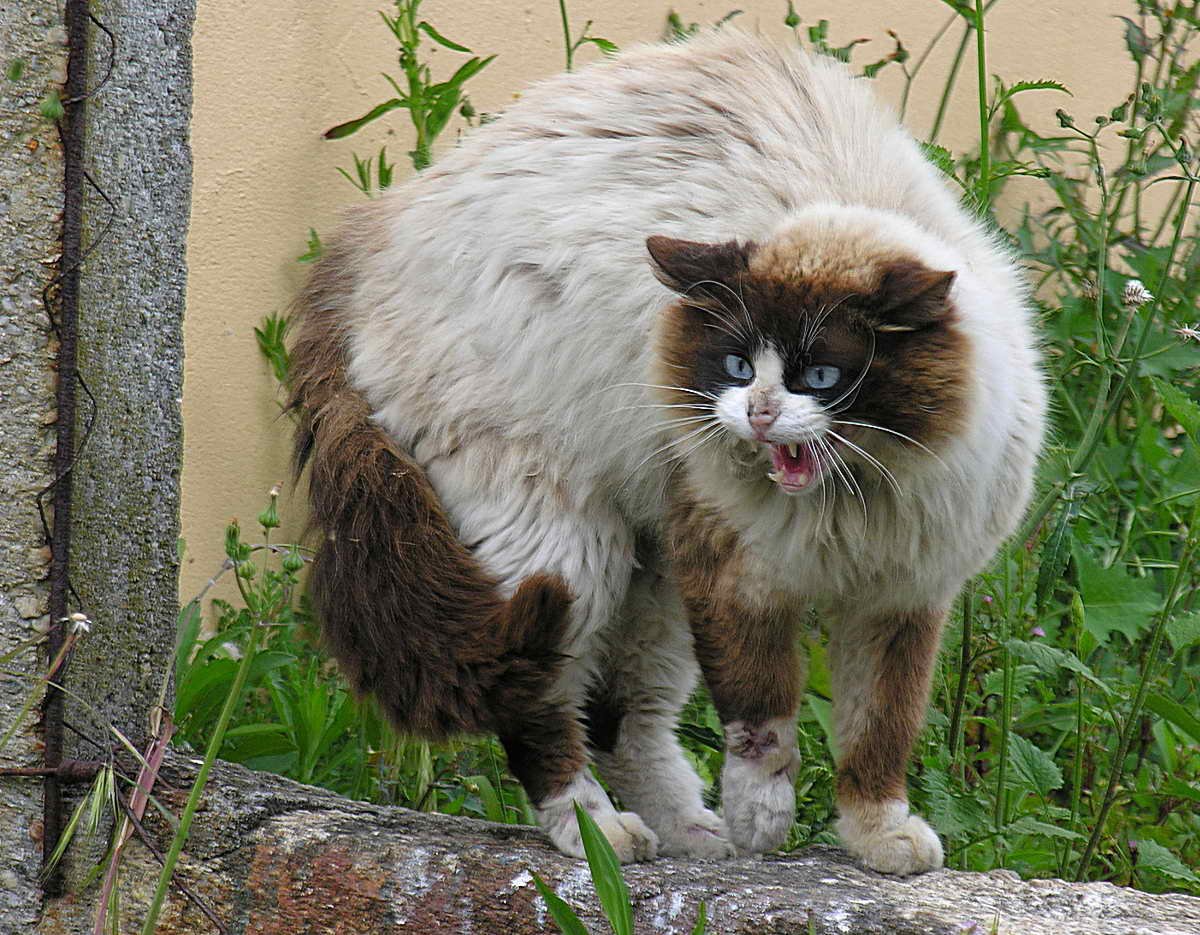
When your cat meows, chirps, or makes other vocalizations, they’re trying to communicate with you specifically. Humans are actually the primary audience for adult cat meows – cats rarely meow at each other. Responding with words, even if it’s just “Oh, really?” or “Tell me more,” validates their attempts at conversation.
You don’t need to understand exactly what they’re saying to show you’re listening. The act of responding consistently teaches your cat that their voice matters and that you’re engaged in the relationship. Some cats will even develop longer “conversations” with humans who consistently respond to their vocalizations.
Acknowledge Their Hunting Achievements

Whether your cat brings you a toy mouse or proudly displays their catch from an outdoor adventure, these gifts are serious business in the feline world. Instead of being horrified or dismissive, try acknowledging their hunting prowess with a simple “thank you” or “good catch.” This validates their natural instincts and efforts.
For indoor cats, you can create opportunities for them to “hunt” toys and then celebrate their success. It’s like applauding a toddler’s crayon masterpiece – the enthusiasm matters more than the artistic merit. This recognition helps cats feel accomplished and valued for their natural abilities.
Create Predictable Routines They Can Count On

Cats thrive on routine, and when you establish predictable patterns, you’re giving them a sense of security and importance. This could be as simple as always feeding them at the same times or having a consistent bedtime routine. Knowing what to expect helps cats feel more confident and settled.
The key is consistency rather than complexity. A simple routine that you can maintain is better than an elaborate one that falls apart after a week. When cats can predict positive interactions with you, they’re more likely to seek out your company and feel secure in the relationship.
Make Space for Their Emotions

Cats have complex emotional lives, and sometimes they need space to process their feelings just like humans do. If your cat seems stressed, scared, or just not in the mood for interaction, respecting their emotional state shows tremendous empathy. This might mean giving them a quiet space to retreat to or simply not forcing affection when they’re not receptive.
Learning to read your cat’s emotional signals and responding appropriately builds deep trust. It’s the difference between a friend who respects your boundaries and one who ignores your signals when you need space. This emotional intelligence is one of the most profound ways to make your cat feel truly seen and understood.
Conclusion
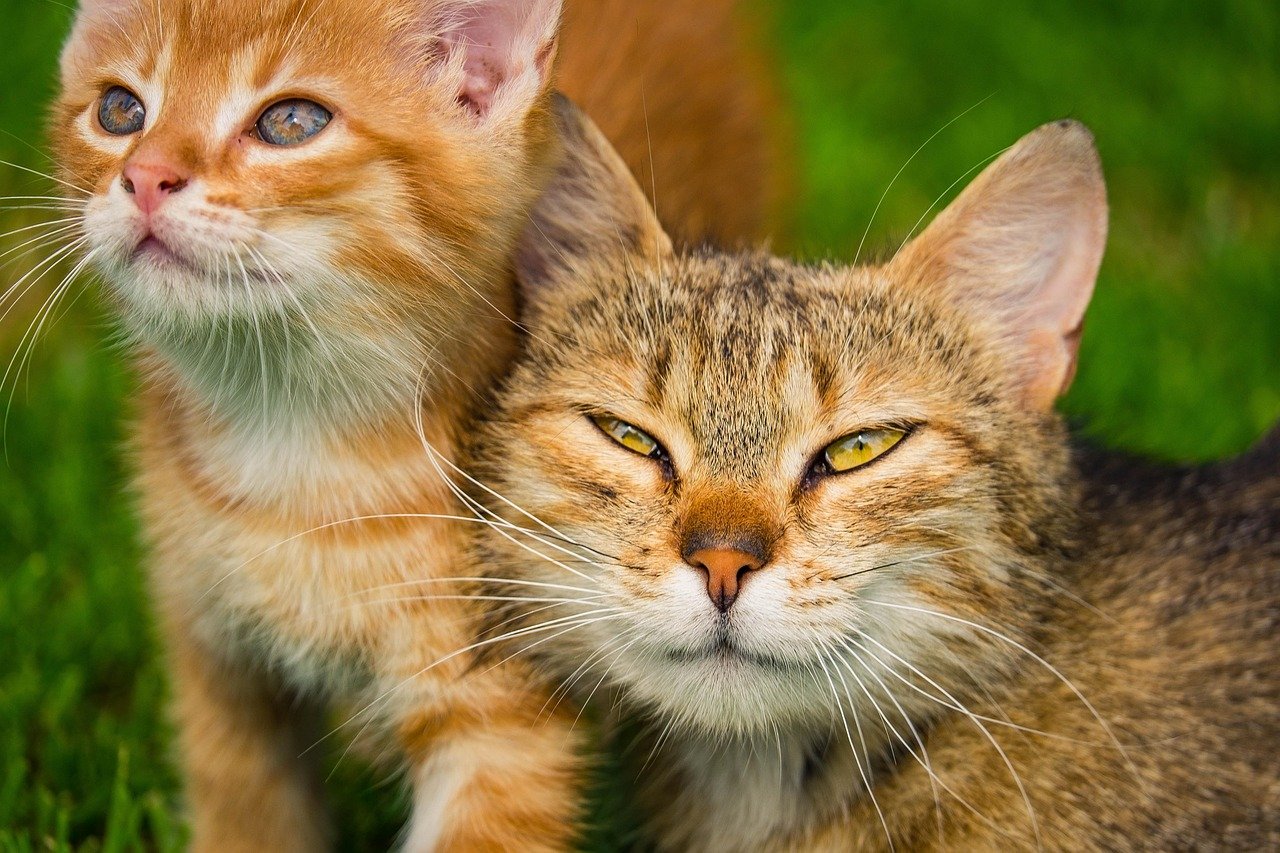
Making your cat feel seen isn’t about grand gestures or expensive toys – it’s about the small, consistent ways you acknowledge their presence and personality. These tiny changes in how you interact with your feline friend can transform your relationship from simple coexistence to genuine companionship. The beauty lies in how these small adjustments create a ripple effect of trust and connection.
Every cat is different, so some of these approaches might resonate more with your particular feline than others. The important thing is to start somewhere and pay attention to how your cat responds. Which of these small changes do you think would make the biggest difference in your relationship with your cat?
Hi, I’m Bola, a passionate writer and creative strategist with a knack for crafting compelling content that educates, inspires, and connects. Over the years, I’ve honed my skills across various writing fields, including content creation, copywriting, online course development, and video scriptwriting.
When I’m not at my desk, you’ll find me exploring new ideas, reading books, or brainstorming creative ways to solve challenges. I believe that words have the power to transform, and I’m here to help you leverage that power for success.
Thanks for stopping by, Keep coming to this website to checkout new articles form me. You’d always love it!






